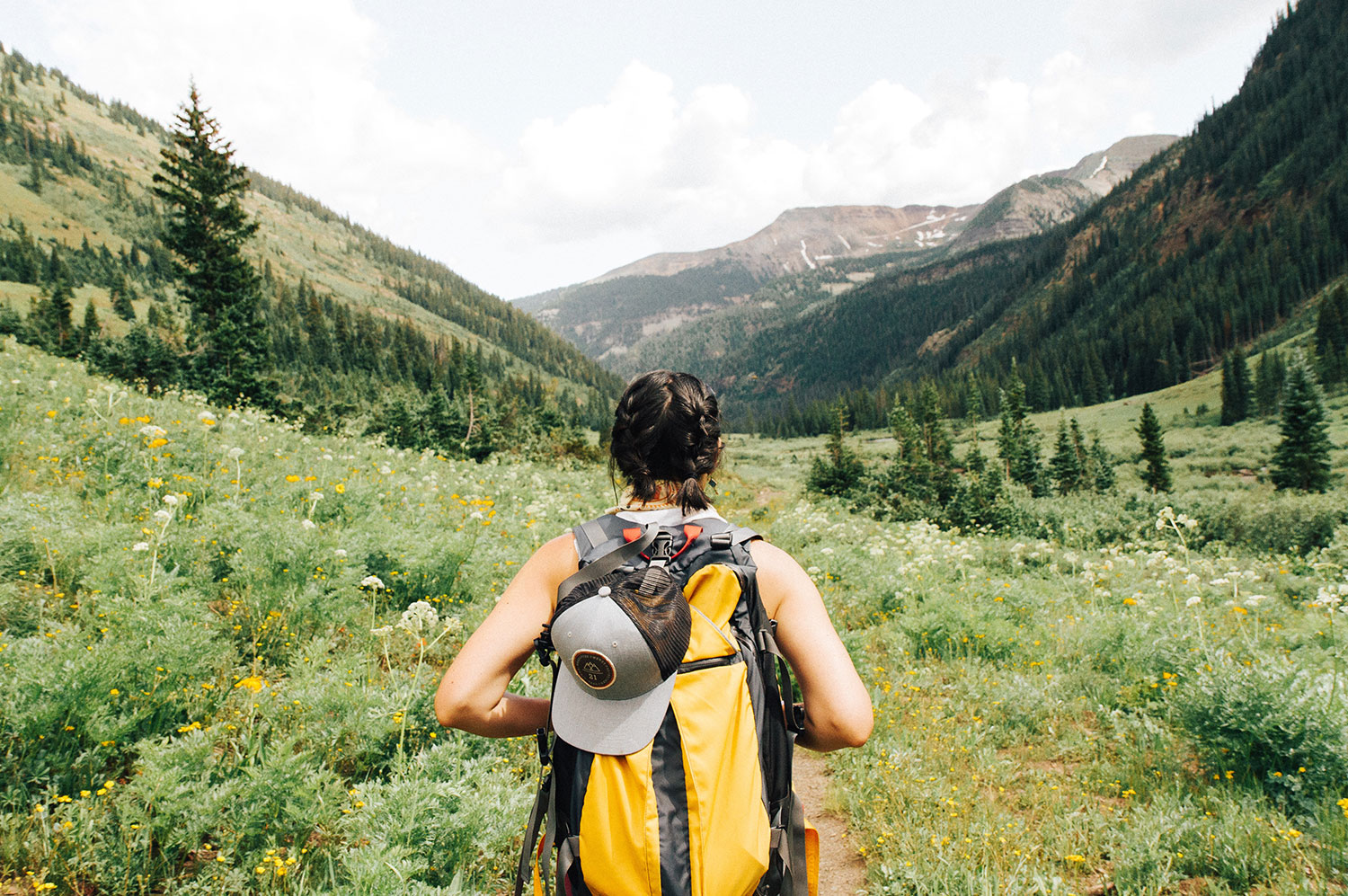Travelling solo can be a liberating and transformative experience. With no one to answer to but yourself, you have the freedom to go where you want, when you want, and do what you want without any compromises. It can be an opportunity to step out of your comfort zone, challenge yourself, and learn about the world and yourself in the process. However, it can also be daunting, lonely, and even dangerous if you don’t take the necessary precautions. In this article, we’ll explore some of the joys and challenges of travelling solo and offer some tips to make the most of your solo adventure.
One of the main benefits of travelling solo is the sense of independence and self-reliance it can foster. When you’re on your own in a foreign country, you have to rely on your own resources, instincts, and problem-solving skills to navigate unfamiliar situations. This can be empowering and build your confidence as you learn to trust yourself and your ability to adapt to new environments. You can also fully indulge in your interests and passions without having to worry about accommodating someone else’s preferences. Whether it’s exploring museums, hiking trails, or trying local cuisine, you can set your own pace and agenda.
Travelling solo can also be a great way to meet new people and make unexpected connections. When you’re travelling with others, you tend to stick to your own group and may miss out on opportunities to interact with locals and other travellers. Solo travellers, on the other hand, often find themselves more approachable and open to spontaneous conversations and friendships. Whether it’s chatting with a fellow traveller on a train or striking up a conversation with a local at a café, you can create meaningful connections that can enhance your travel experience and broaden your perspectives.

However, solo travel also has its challenges. One of the most significant is the potential for loneliness and isolation. When you’re travelling alone, there’s no one to share your experiences with, and you may find yourself longing for someone to talk to or share a meal with. This can be especially acute if you’re an introverted or shy person who finds it hard to approach strangers. It’s important to recognize that it’s normal to feel lonely at times and to take steps to combat it. This can include staying in hostels or guesthouses where you can meet other travellers, joining group tours or activities, or simply striking up a conversation with someone nearby.
Another challenge of solo travel is safety. W0hen you’re on your own, you’re more vulnerable to theft, scams, and other dangers. It’s important to research your destination beforehand, stay aware of your surroundings, and take basic safety precautions such as not walking alone at night and keeping your valuables secure. It’s also a good idea to let someone know your itinerary and check in with them periodically so that they know you’re safe.
Travelling solo can be a rewarding and enriching experience that allows you to discover new parts of the world and yourself. However, it’s not without its challenges, and it’s important to prepare yourself both mentally and practically before embarking on a solo adventure. By taking the necessary precautions, staying open to new experiences, and embracing the opportunities for self-discovery and connection, you can make your solo travel experience a truly transformative one.




